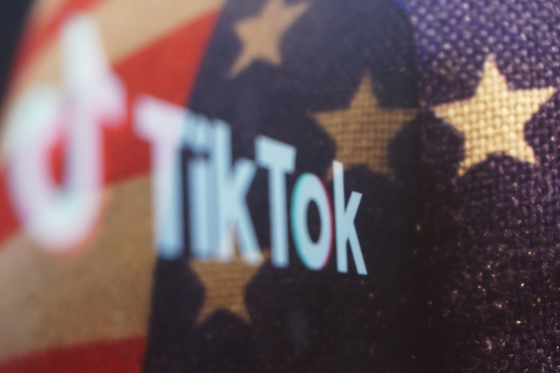Daily Tech Roundup brings you a summary of the biggest technology news from China and Asia. [para. 1]
**Didi Chuxing denies Hong Kong IPO rumors**
Didi Global Inc., a dominant player in China's ride-hailing market, denied speculation about a possible Hong Kong IPO next year. The company stressed that it has no immediate plans for such a move and is focusing on its core business, which includes serving passengers, drivers and partners. Didi is in regular contact with investors and keeps them updated on its business progress, according to a statement to Caixin on Tuesday. Didi's road to listing has been rocky. After listing on the New York Stock Exchange in June 2021, the company faced an investigation by the Cyberspace Administration of China over national security concerns. The investigation, which began just two days after its listing, caused a significant drop in Didi's share price and ultimately led to its delisting. [para. 2][para. 3][para. 4]
**TikTok challenges US divestment and ban laws over secret meeting**
TikTok's Chinese parent company ByteDance is trying to overturn a new US law that would ban the app unless it sells its business. ByteDance argues that the law was passed based on secret briefings that remain classified. The company has until Thursday to present its reasons for suing. At the heart of ByteDance's argument is the assertion that Congress has not presented public evidence of a national security threat that would justify a ban. The company warns that such a ban would violate the free speech rights of TikTok's 170 million US users. ByteDance says the concerns raised by US lawmakers are “hypothetical” and insufficient to strike down First Amendment rights. The important case could reach the US Supreme Court, which has historically tended to favor free speech. [para. 5][para. 6][para. 7]
**Read more: Alipay and WeChat Pay's smaller competitors struggle in new crackdown**
China's smaller non-bank payment service providers (PSPs) have struggled to compete with industry giants Alipay and WeChat Pay. To survive, many PSPs have resorted to a controversial practice called “code stacking” to inflate their profits. However, a regulatory crackdown on this practice and other abusive activities has forced these smaller PSPs to adopt new, compliant, and profitable business models. Due to the tougher regulatory environment and the significant market dominance of Alipay and WeChat Pay, the number of these smaller PSPs has dropped sharply from 270 in 2015 to 179 in the latest data. The “code stacking” practice, which involves under-reporting of transaction processing fees to banks and payment institutions, is now heavily regulated. [para. 8][para. 9][para. 10]
**Tesla obtains license for fully self-driving tests in Shanghai**
Tesla has taken a step towards introducing its Fully Self-Driving (FSD) system in China after receiving a road testing license from Shanghai authorities. Tesla has reportedly been authorized to test 10 vehicles equipped with cutting-edge self-driving software in Shanghai's Lingang District and may have already started testing the system. However, Tesla's Chinese unit has not confirmed this development. [para. 11][para. 12][para. 13]
**China introduces new rules for online sites to curb cyberbullying**
Chinese authorities have introduced new regulations to combat cyberbullying, placing primary responsibility for moderating online content on online information service providers. The rules, which take effect from August 1, were jointly issued by several government agencies, including the Cyberspace Administration of China and the Ministry of Public Security. The regulations are part of a broader effort to curb cyberbullying, especially following some serious cases that have led to victims committing suicide. Last year, China's top judicial and law enforcement bodies issued guidelines to toughen penalties for online abuse. [para. 14][para. 15][para. 16]
AI generated, for reference only

